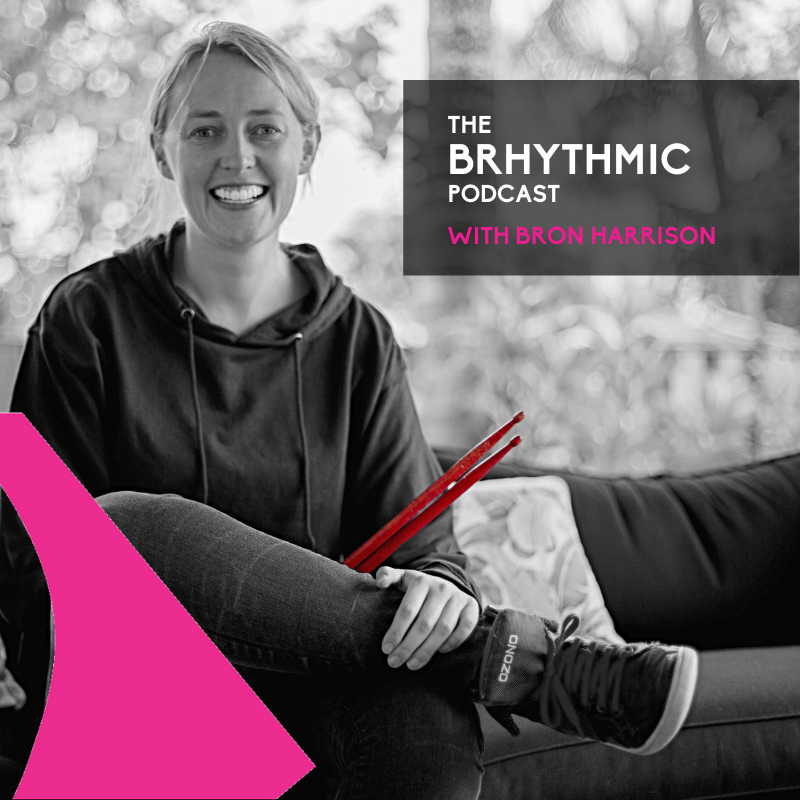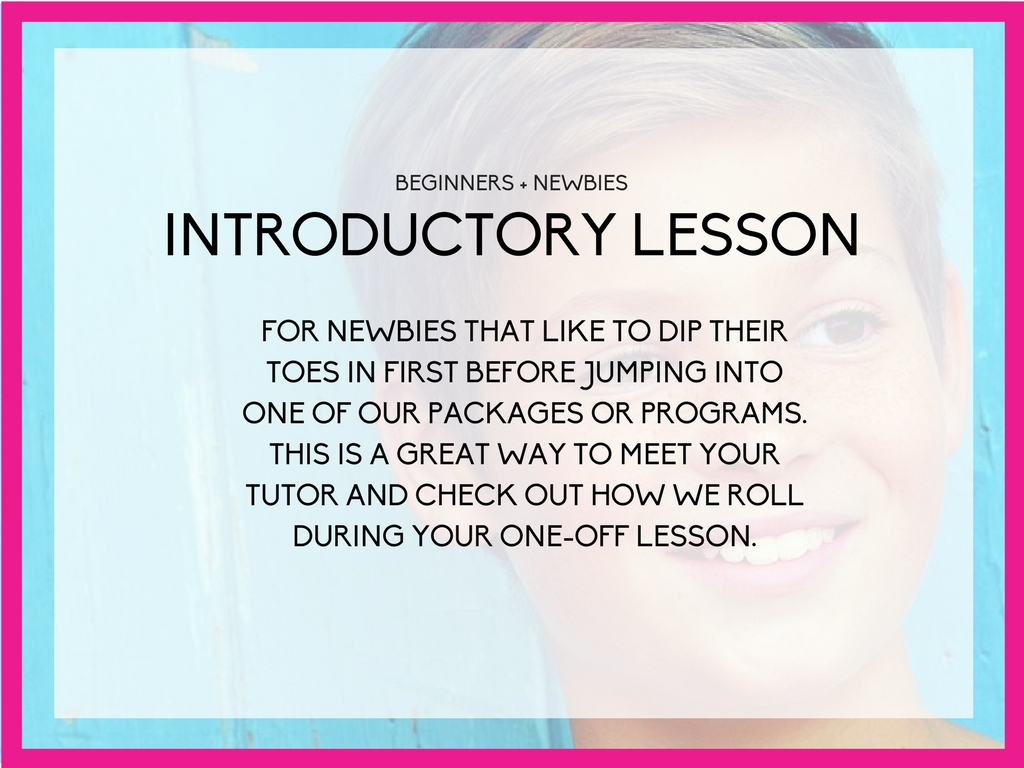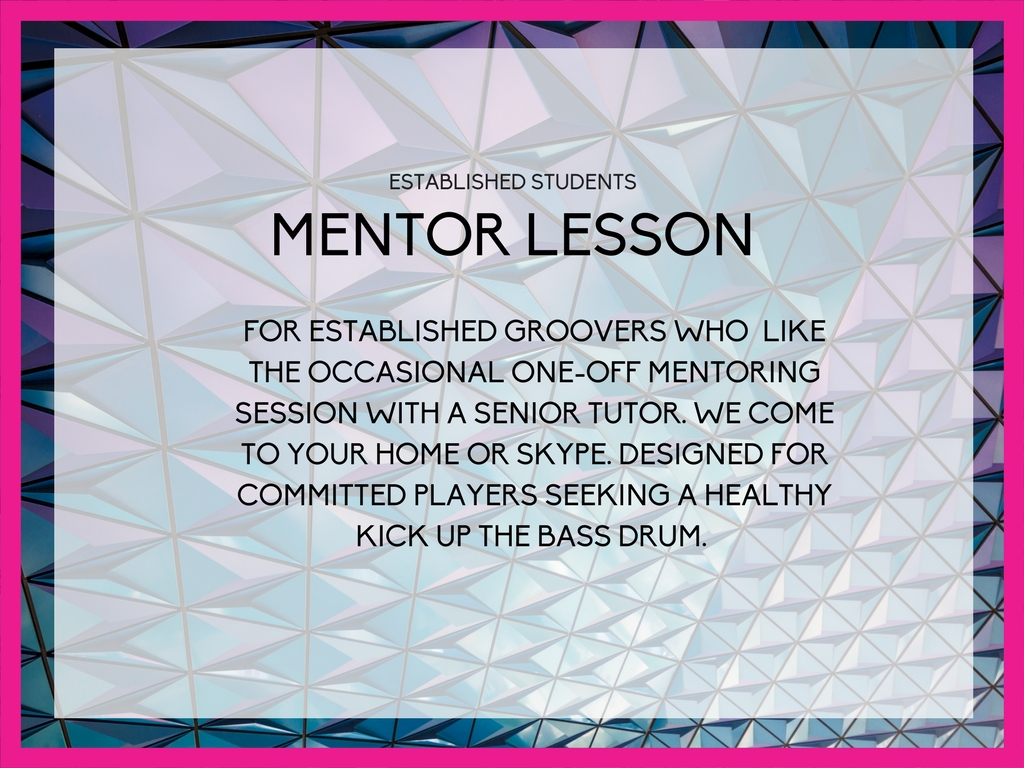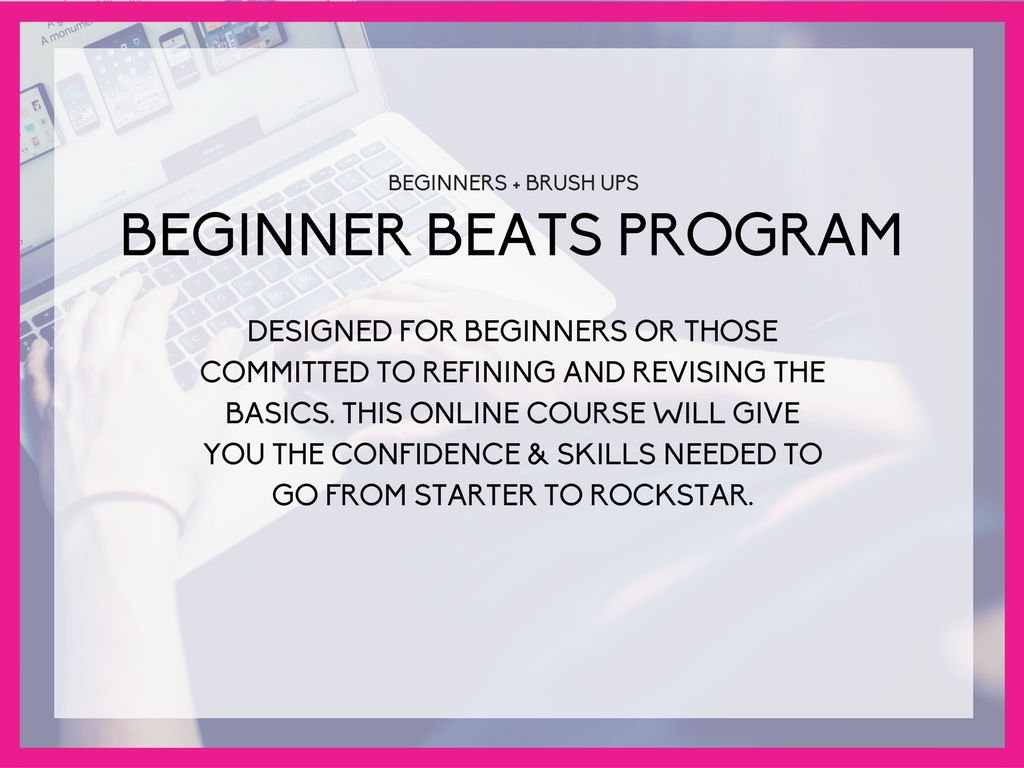
The BRHYTHMIC podcast. This podcast is specifically designed for music students, their parents and music tutors. Produced by Bron Harrison and the team at BRHYTHMIC, each episode contains nuggets of gold for you to sink your musical teeth into.

Discipline, Practice, and Persistence
Persistence is a good friend of self-discipline, which is key to success in music… and your life outside music.
For years, when I was at school, I didn’t understand why it was important to be disciplined, practice regularly and systematically, or why it was important to turn up to rehearsal on time. I was only up the back in the percussion section and I didn’t play in all the pieces. I mean, what’s the big deal, right?
Turns out there is a pretty big deal, actually – my self worth. Yep, you read that right. How you view yourself.
After spending a lot of time researching and reading into the importance of self-discipline, I found some very valuable lessons:
There is a direct relationship between self-discipline and self-esteem. Ultimately, how you feel about yourself is the most important emotion to master and it flows on to how you treat others. Each time you force yourself to do something that you don’t particularly want to do (or would rather put off, but you know you should do) and you roll your sleeves up and get stuck into it, your self-esteem increases.
Each time you make yourself do something, especially when you feel like quitting, your self-esteem goes up.
Persistence breeds persistence and improves your confidence. The more you persist, the more you will like yourself. The result is, you become more self-confident.
When was the last time you did more practice than your tutor asked? When was the last time you did more homework than what was required of you. If you go the extra mile – your self-esteem goes up, you feel more powerful and you are more in control of your life.
The primary difference between happy and un-happy people are:
Happy people never quit.
Un-Happy people quit.
Yes, it’s true, you can’t do everything, but please, if you make the decision to do music, or anything for that matter, don’t just quit because you are lazy.
What to do when you feel like quitting?
One way to muster up the courage to push through when you feel like giving up, is to tell that annoying and sometimes deafening internal negative self-talk to rack off. You know the talk I mean, it’s the:
“I can’t do this”
“This is too hard”
“I’m not good enough”
“I’ve got too much on”
“I’m too tired”
“I have xyz to do”
Want to rewire this? It’s simple. Replace it with the opposite:
“I can do this”
“This is hard, but not too hard for me to get”
“I am good enough”
“I have and make time to dedicate to this”
“I am awake and ready to go”
“I have good time management skills, I can get to my other tasks as well as this”
Mantras are not only important in religious texts – they are important in your everyday activities. Create your own mantras “I can do this”, “I can accomplish anything”. Re-program yourself NOW.
I bet if I asked you: “What is that one thing on your to-do list that you have been putting off, that you know you have to do this week?” BING! Did it just pop in your head? Good, now say a mantra that counteracts all the negative thoughts “I’ll get to it later / it’s too hard” rubbish that you have been filling your head with and replace with positive mantras. You first must believe you can do something before you can do it.
Persistence relates to your strength of character and your level of responsibility. Let’s break that word up – ‘response-ability’. It is the measurement of your readiness to succeed. Essentially we are talking about your ability to respond to a situation or task.
When you feel a setback, you will feel discouraged or have self-pity. It is not how far you fall, it’s your readiness to bounce back that defines winners.
Resilience is vital to your long-term success.
Expect disappointments and setbacks as a part of life. In every area of your life. School, home, family, music, sport, mates, girlfriends/boyfriends, you name it. The older and wiser you get, the more you push yourself and your relationships to new heights. The more vulnerable you make yourself, the higher the chance you will experience a setback.
The most important quality you need for persistence is optimism. Refuse to feel sorry for yourself. You are not a victim. When setbacks hit you like a ton of bricks, refuse to blame others or make excuses. Doing this only makes you feel petty and small and lowers self-esteem. Address setbacks with the words “I am responsible”. No excuses. Being responsible allows you to have control over your life which in turn leads to happiness.
Your conscious mind can only hold one thought at a time. When you think positively, you gain full control. People that can do this effectively see the valuable lesson in every setback. Failures consistently feel sorry for themselves when things go wrong. Successful people look for the valuable lesson they can learn from the negative situation.
Even the most successful people have negative self-talk, but they have learnt to master, to tame the mind and refocus it in a way that helps them.
Now say with me: “I am responsible”
Ok, let’s stop reading, and start doing…
What was that thing again you had to do?
If you have enjoyed this article be sure to follow the BRHYTHMIC PODCAST for audio updates
BRHYTHMIC PODCAST is so snackable you can listen on the way to school









